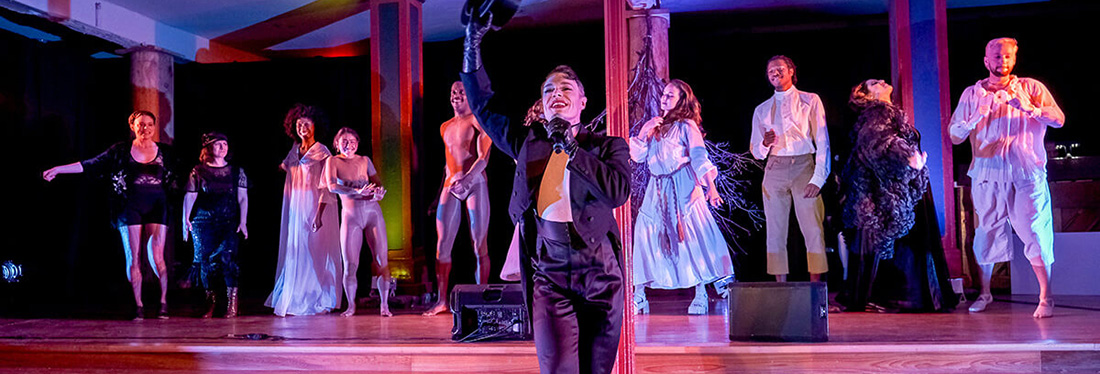
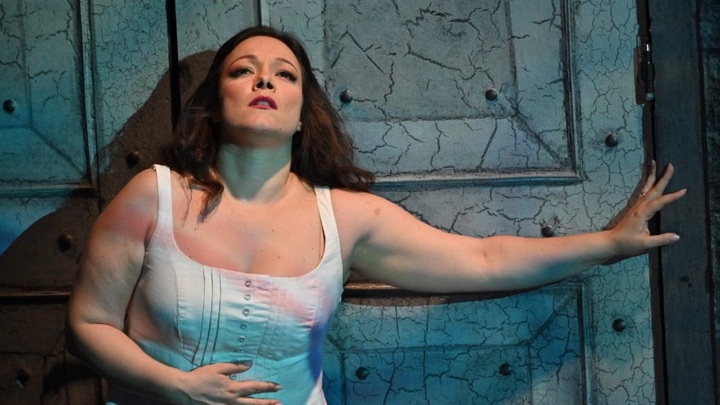
At its heart, Bohème is an intimate work and the cinematic widescreen of Zeffirelli works against that. But seeing it again shows us that some of the memories of our youth remain intact and after all our travails not all has been lost. Pavarotti and Freni are gone but the Zeffirelli Bohème remains. And that is a comfort despite its flaws.
For its third run of Bohème this season, the Met fielded several new faces and a few familiar ones in Zeffirelli’s well-worn Parisian milieu. They were a lively, cohesive ensemble with no weak links. Conductor Eun Sun Kim, soon to take over as music director of the San Francisco Opera, was an invigorating force in the pit.
Favoring quick, propulsive tempos, the maestro concentrated on internal instrumental details over broad lyricism. One got a sense of vivid animation, youth but very little sentimentality. It had a freshening effect though several of the larger-voiced singers would have benefited from broader tempos and lusher climaxes.
Replacing the indisposed Yusif Eyvazov, Matthew Polenzani stepped in for two of the four performances, the performance on May 24 being his second scheduled performance. (Polenzani first sang this opera at the Met in 2019.) He is a familiar presence at the Met, having begun in comprimario roles 24 years ago. As we know familiarity often breeds contempt, which the unflashy but musically sensitive and vocally immaculate Polenzani has often wrongly been subjected to online.
Polenzani is not a flashy vocal and dramatic showboat like Vittorio Grigolo or the younger Roberto Alagna, he is unassuming and charmingly boyish in the role and quite alert to the dramatic changes required by the libretto. Most pleasingly, he sings Rodolfo in a rather old-fashioned Italian pure lyric tenor style with soft attacks, no veristic exaggerations erring on the side of bel canto rather than can belto. There is a sweetness to his approach which is refreshing.
As his Mimì, Eleanora Buratto unveiled her third Puccini heroine at the Met after triumphing as Butterfly earlier this season. I found her Parisian seamstress a little too blunt and sturdy with a lack of softer half tones and vulnerability. There was something very direct, grounded and business-like in her demeanor lacking the fragility and shy pleading charm that Mimì requires.
There was nothing wrong per se about her vocalism—she has all the notes. But the voice didn’t float in the soaring phrases and the pianos could get somewhat blanched. This is a role she has sung often and perhaps, Buratto has outgrown it? On the other hand, she is a native Italian and her diction was clear and pointed with moments of witty textual emphasis.
The rest of the cast was strong: Quinn Kelsey, in rehearsal for the second run of Rigoletto, is a massively vocally overqualified Marcello with a huge, booming baritone. A moody, bear-like figure, his painter showed a soft heart under the gruff, burly exterior.
As Musetta, Aleksandra Kurzak is a born coquette with her saucer eyes, dimples and heart-shaped face. But her flirtatious, outrageous antics never dipped into the vulgar or sluttish nor was her manner overly brassy or shrill. Happily, her singing also never displayed shrillness or brass—the tone was ductile and sweet all evening dancing lightly over the phrases. When Musetta shows a generous heart in Act III, Kurzak was totally believable and lovable. A delectable performance in a role that fits Kurzak like a glove.
Bass-baritone Nicolas Testé was a mellow, affable Colline with sufficient vocal presence. Ukrainian-born, Frankfurt resident lyric baritone Iurii Samoilov made a pleasing debut as Schaunard. Nice-looking and vividly animated and engaged onstage, Samoilov has a pleasing instrument with a nice soft nap to it. Even battle-scarred British veteran Donald Maxwell was in good voice as Benoit/Alcindoro.
So we found ourselves in familiar surroundings surrounded by lively and refreshing company mixing old friends with new ones—a wonderful way to spend an evening on a crisp Spring night in Manhattan!
Photo: Eleanora Buratto, not in the Zeffirelli production
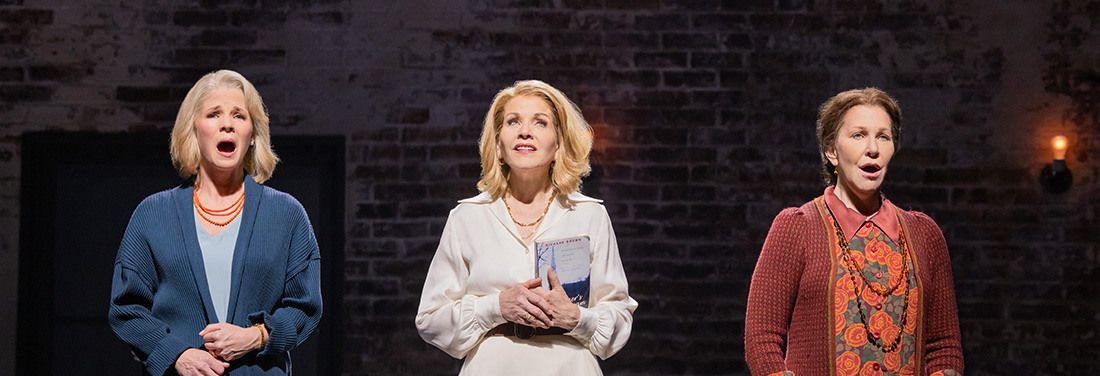
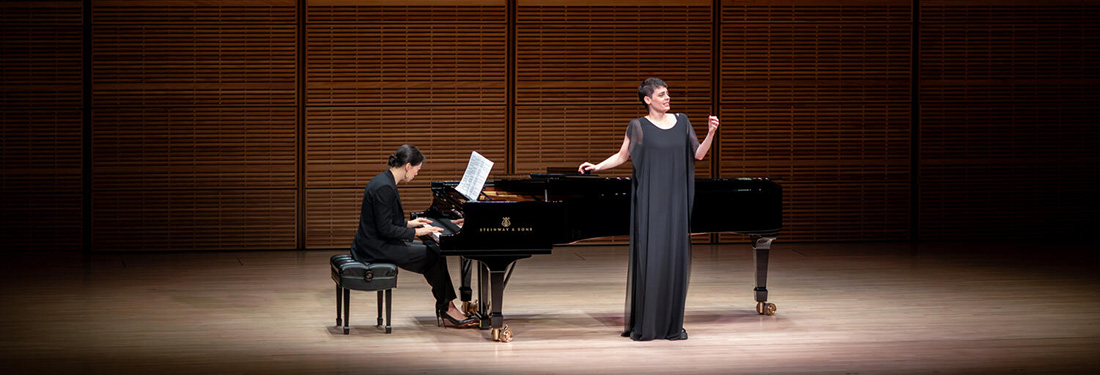
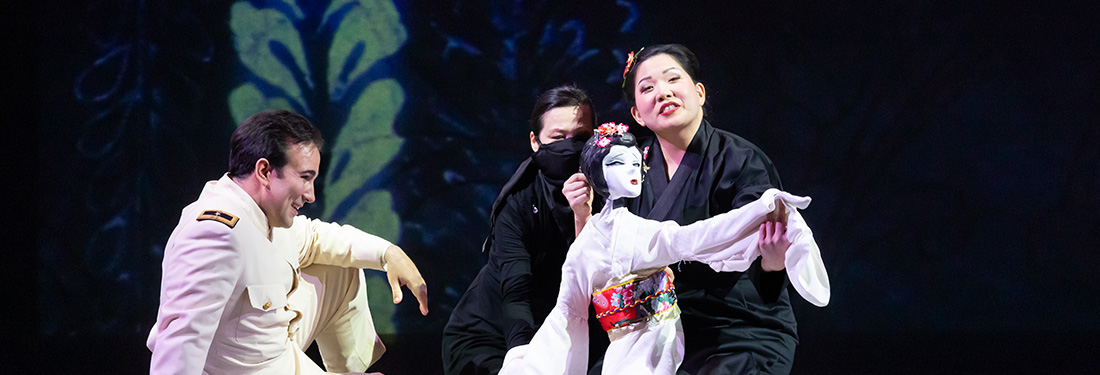

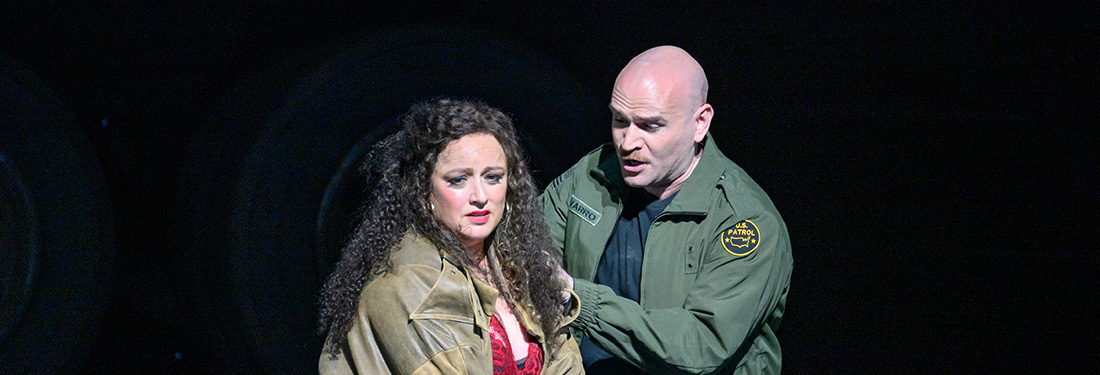
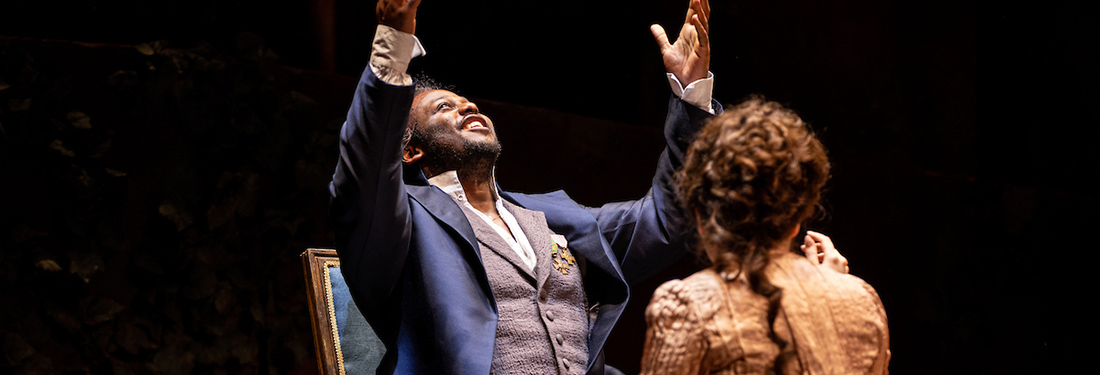
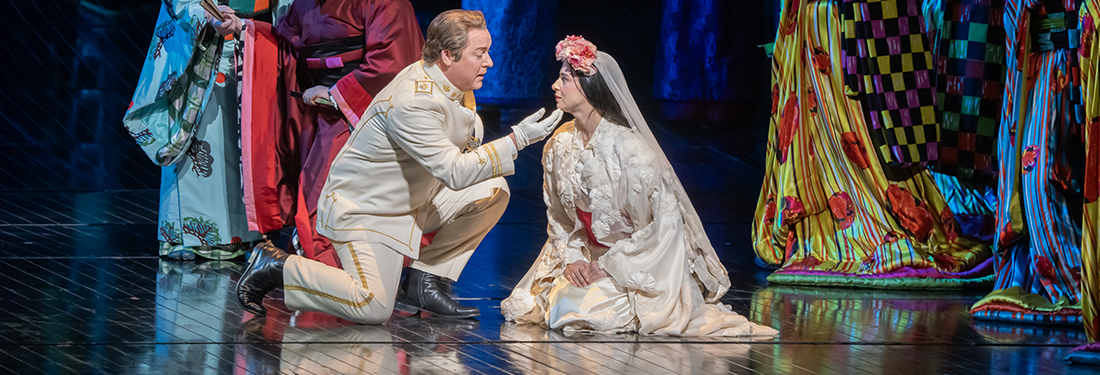
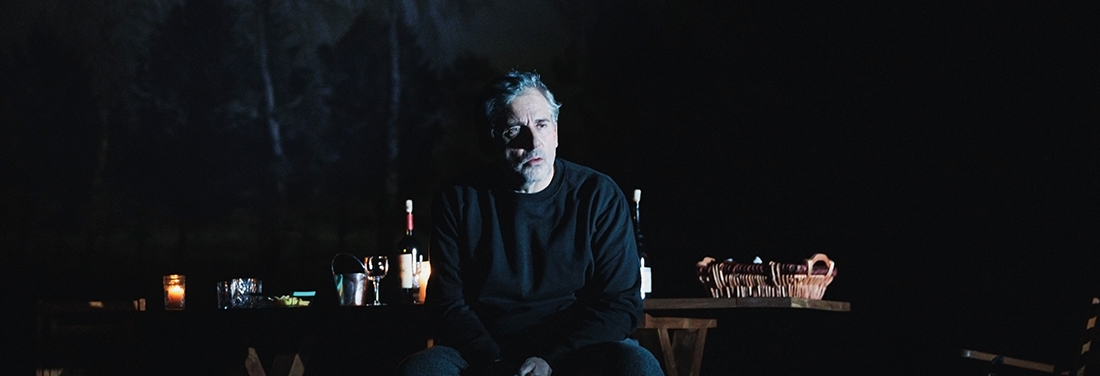
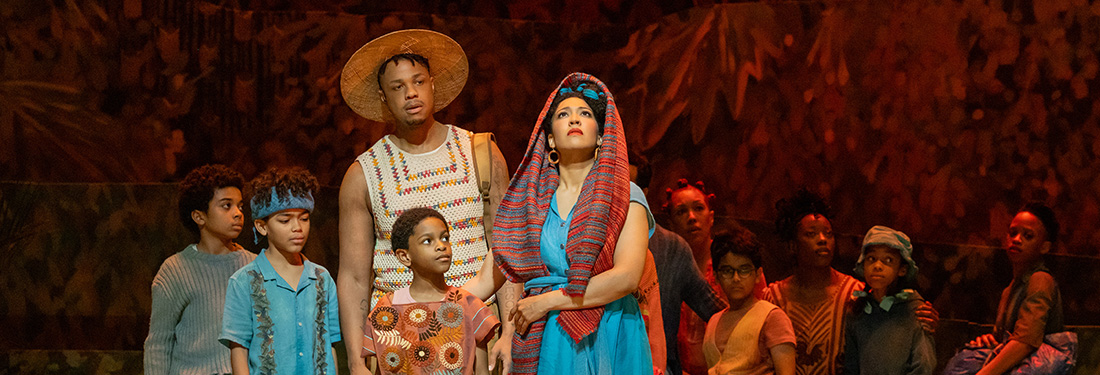
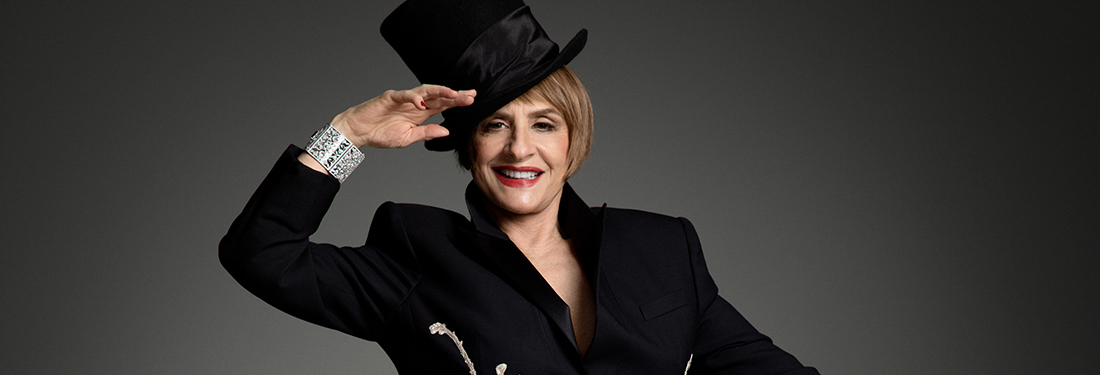
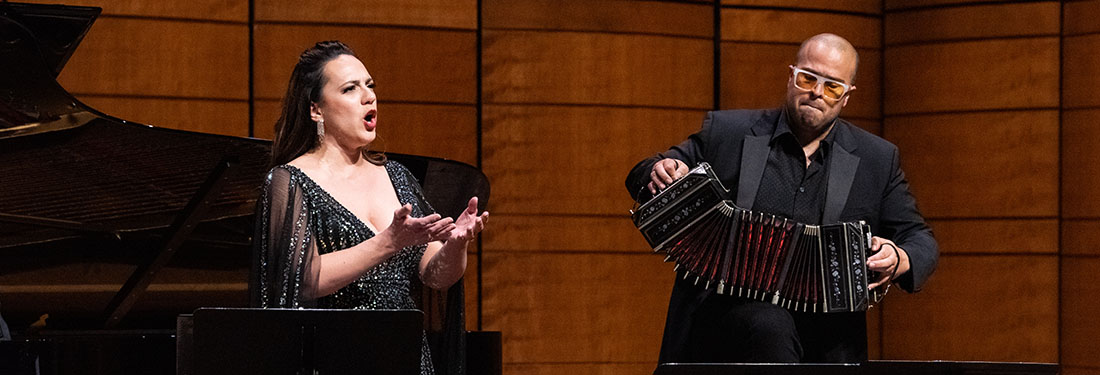
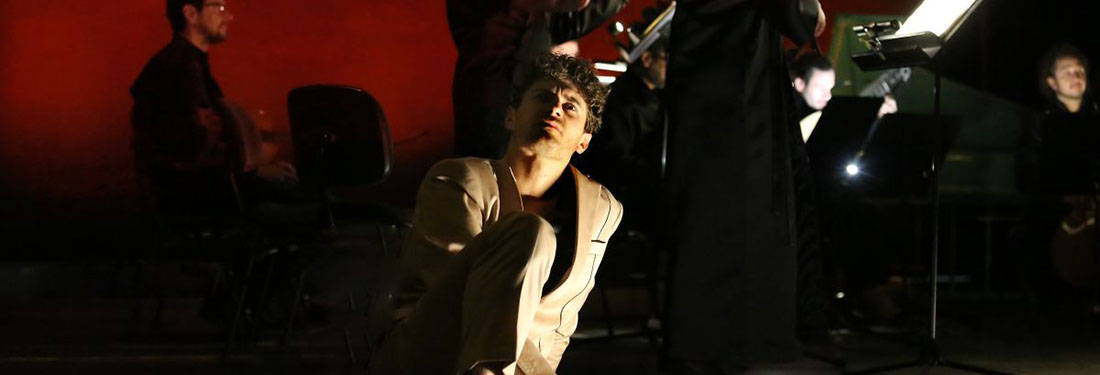
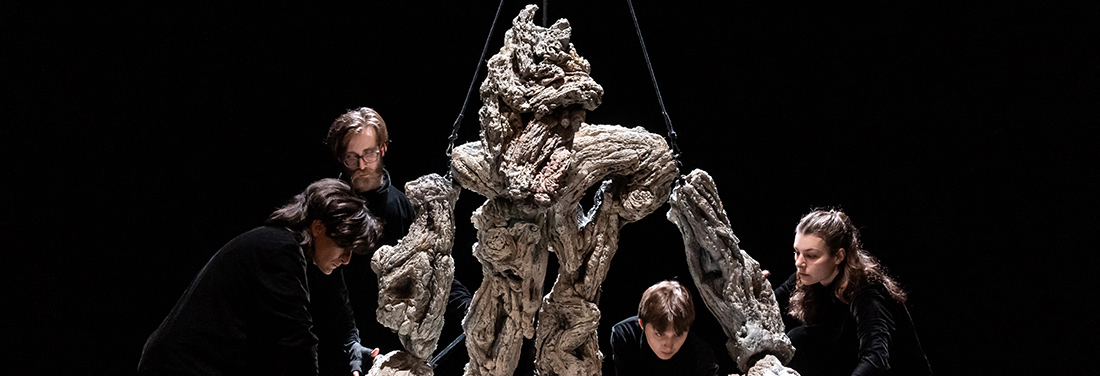
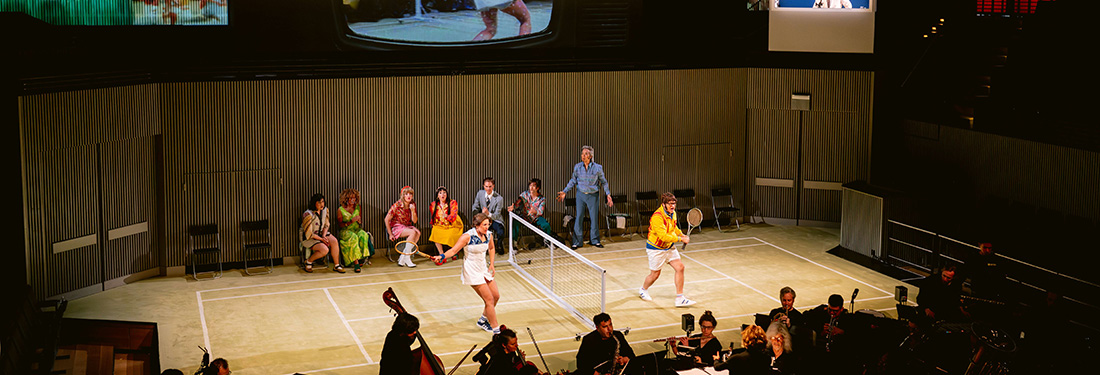
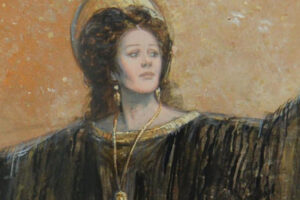

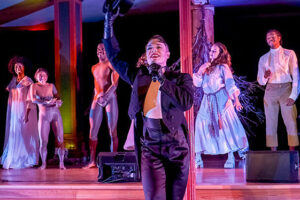
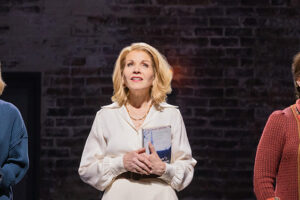





Comments